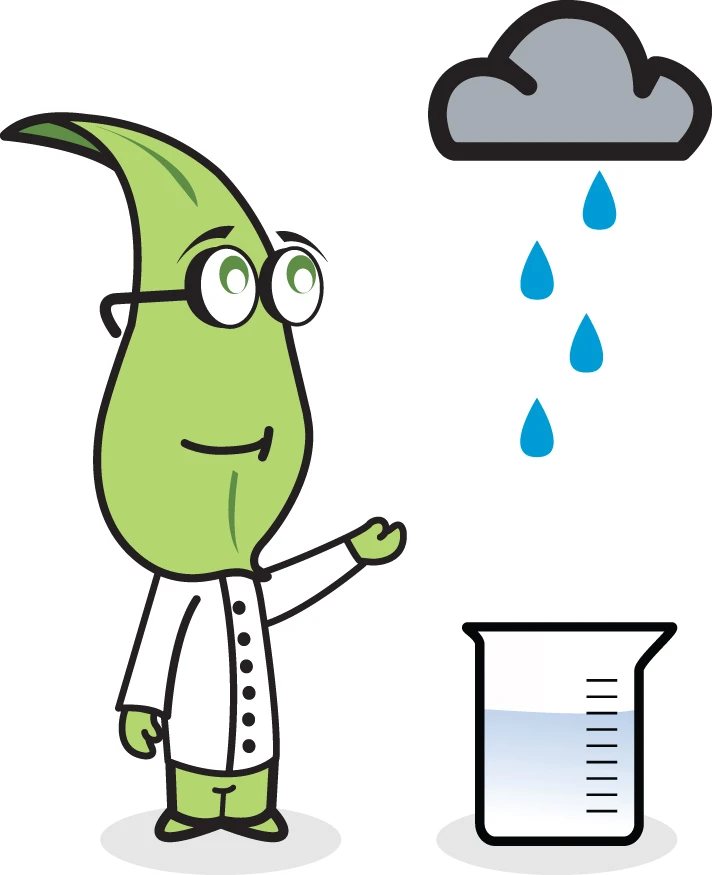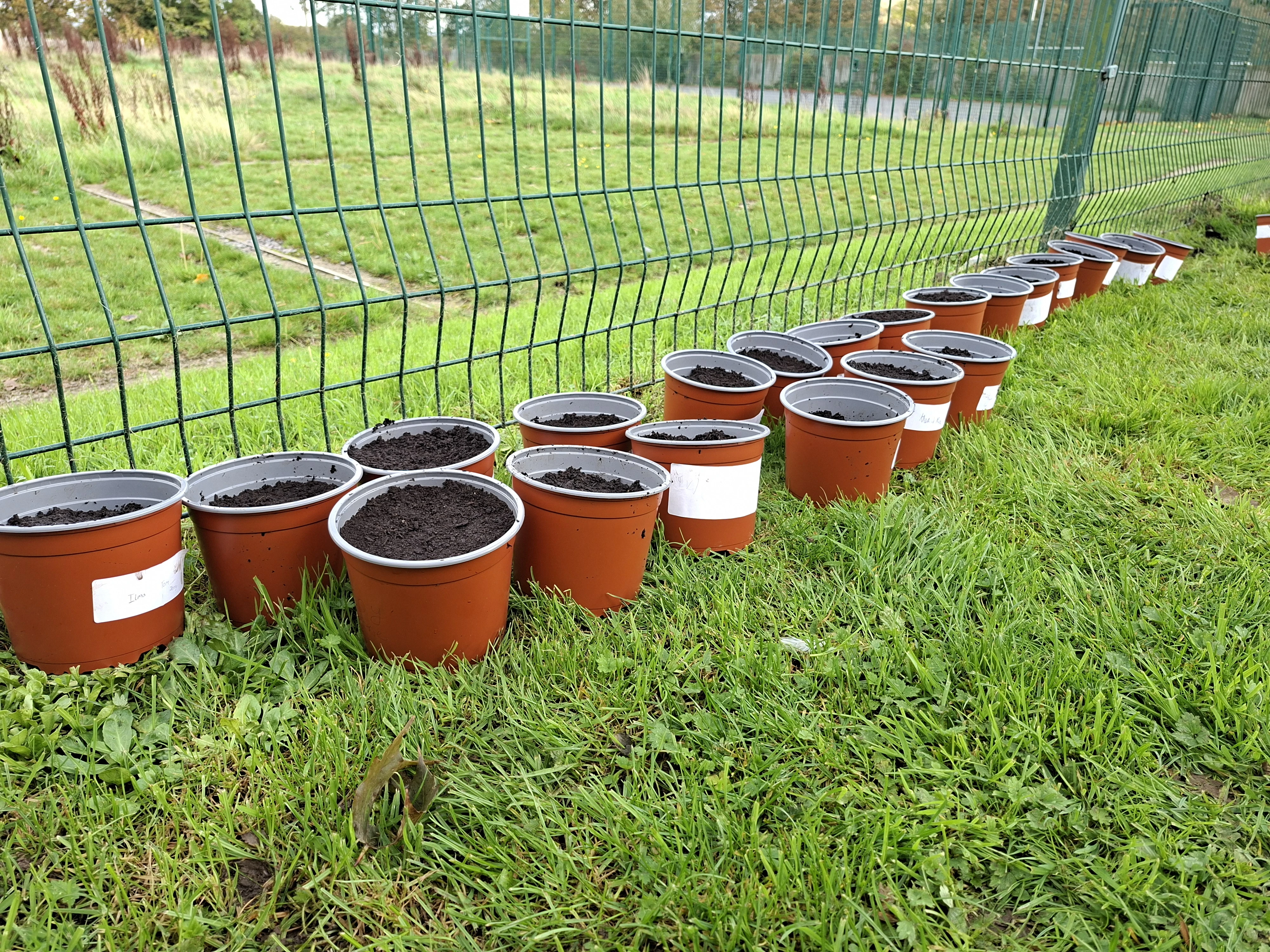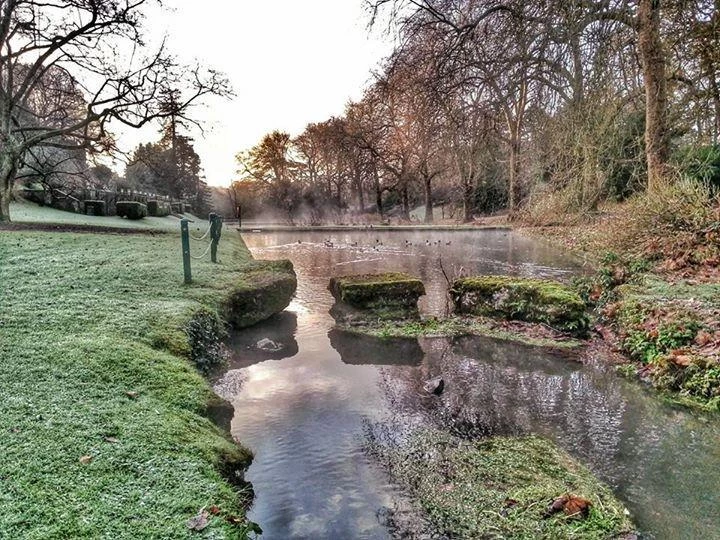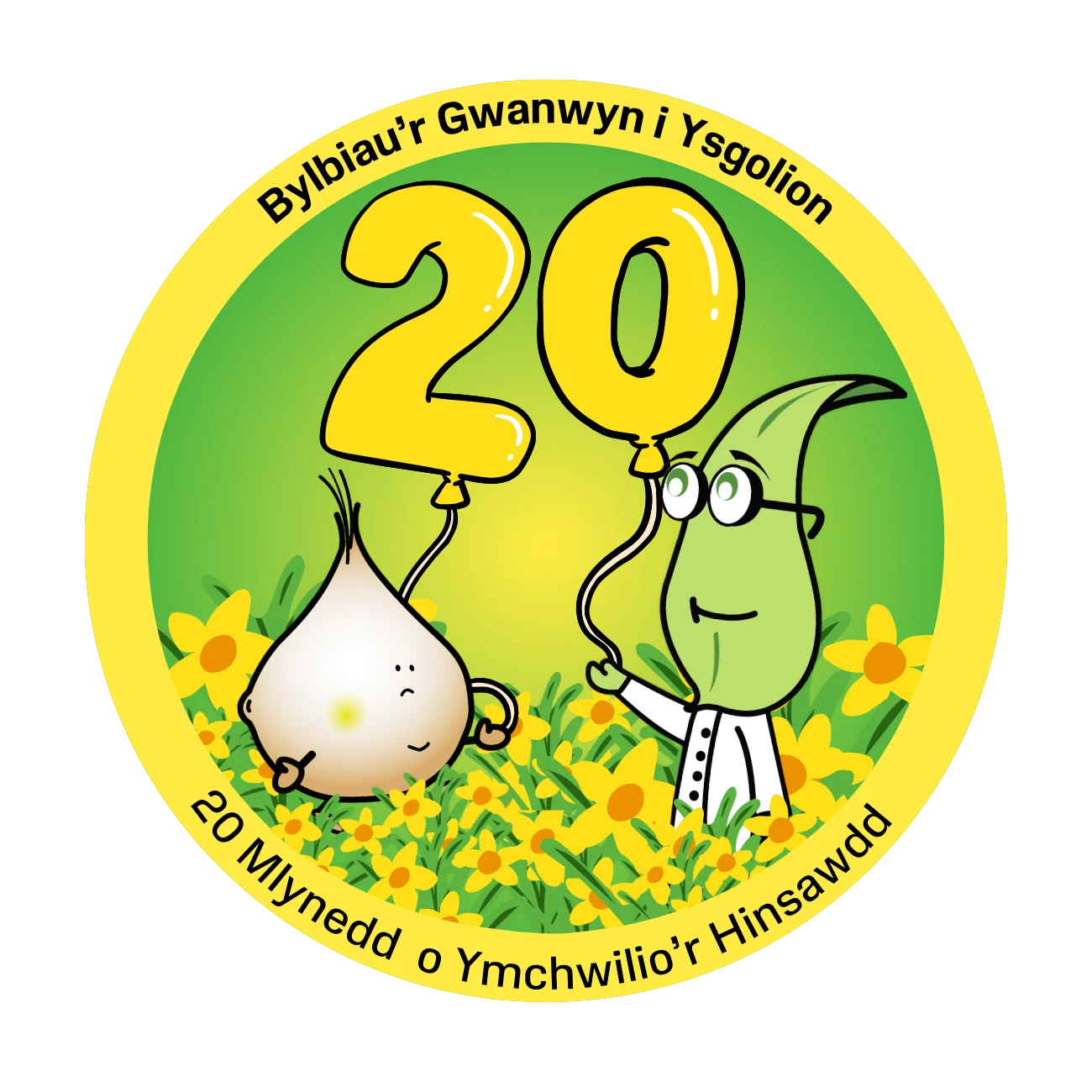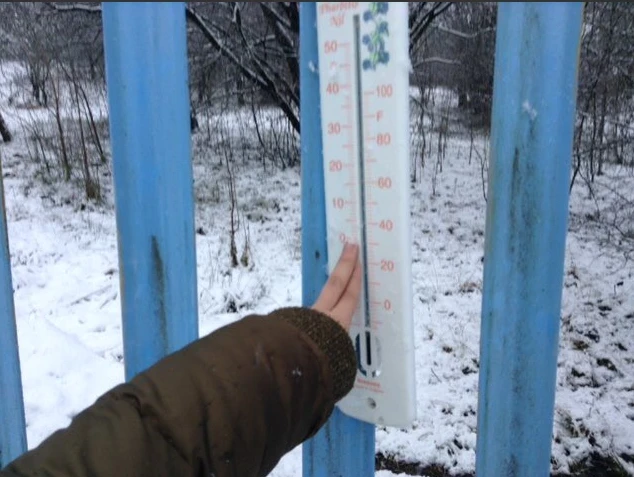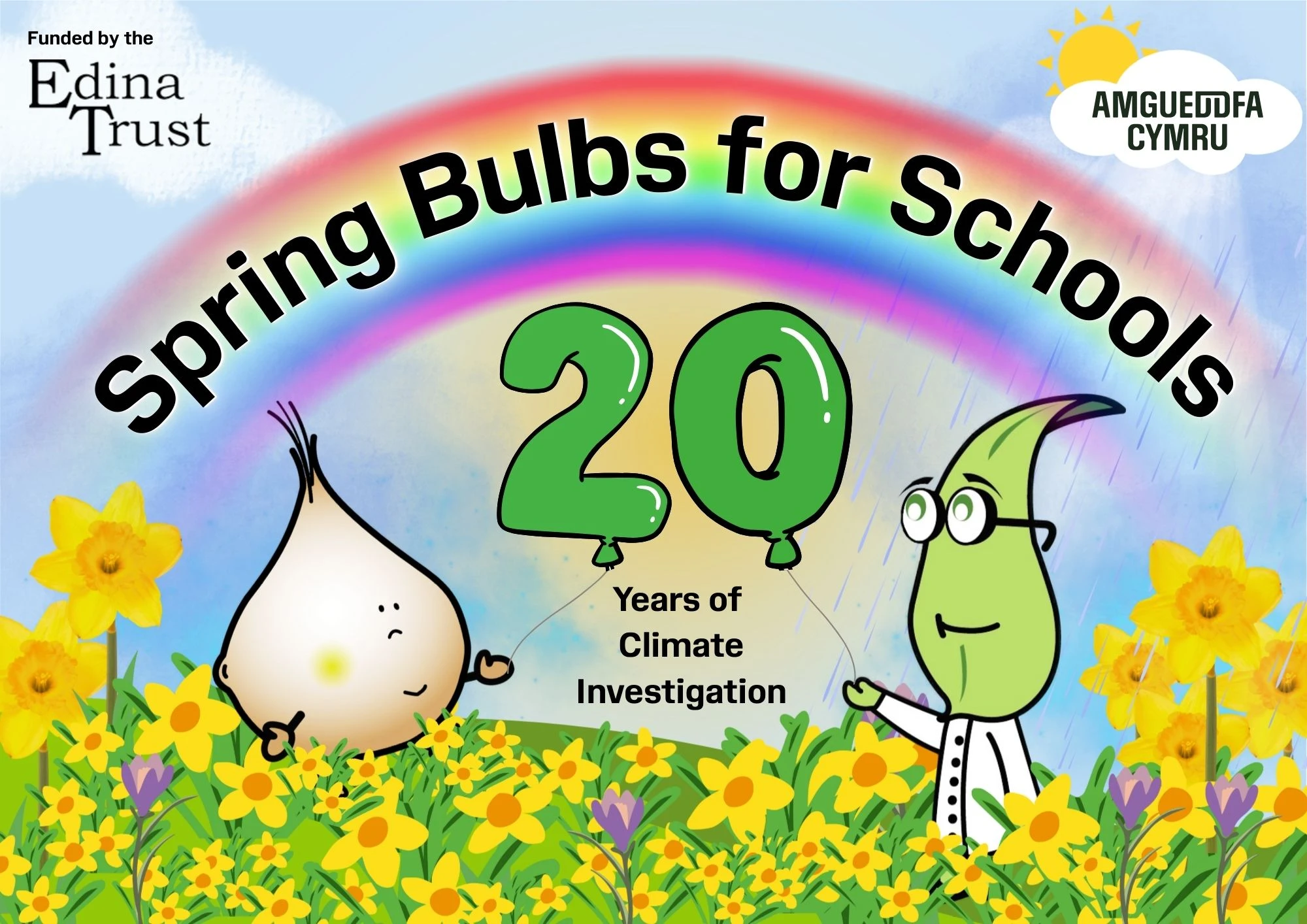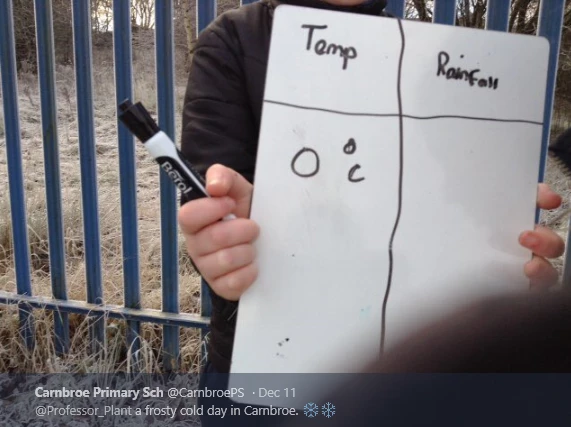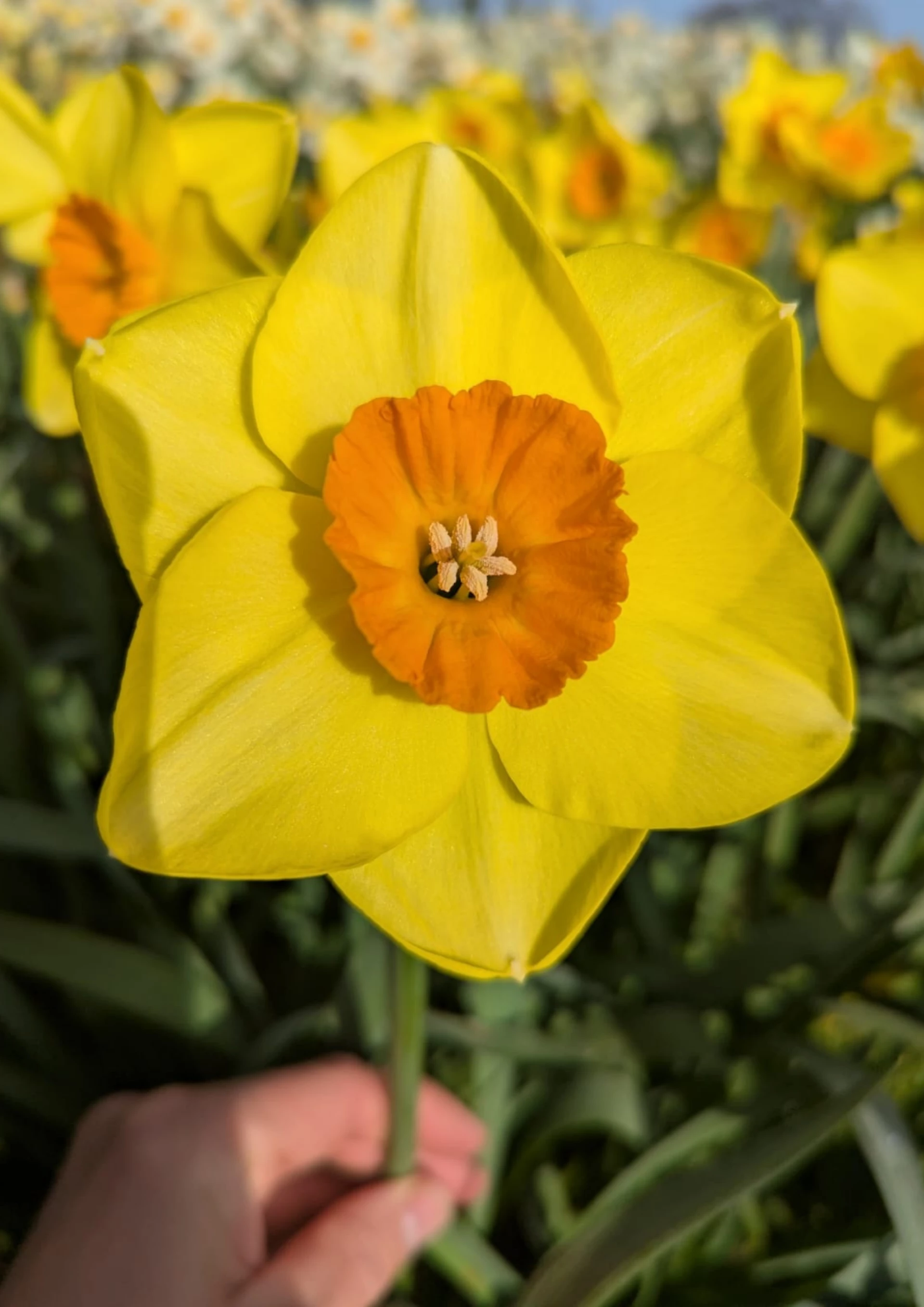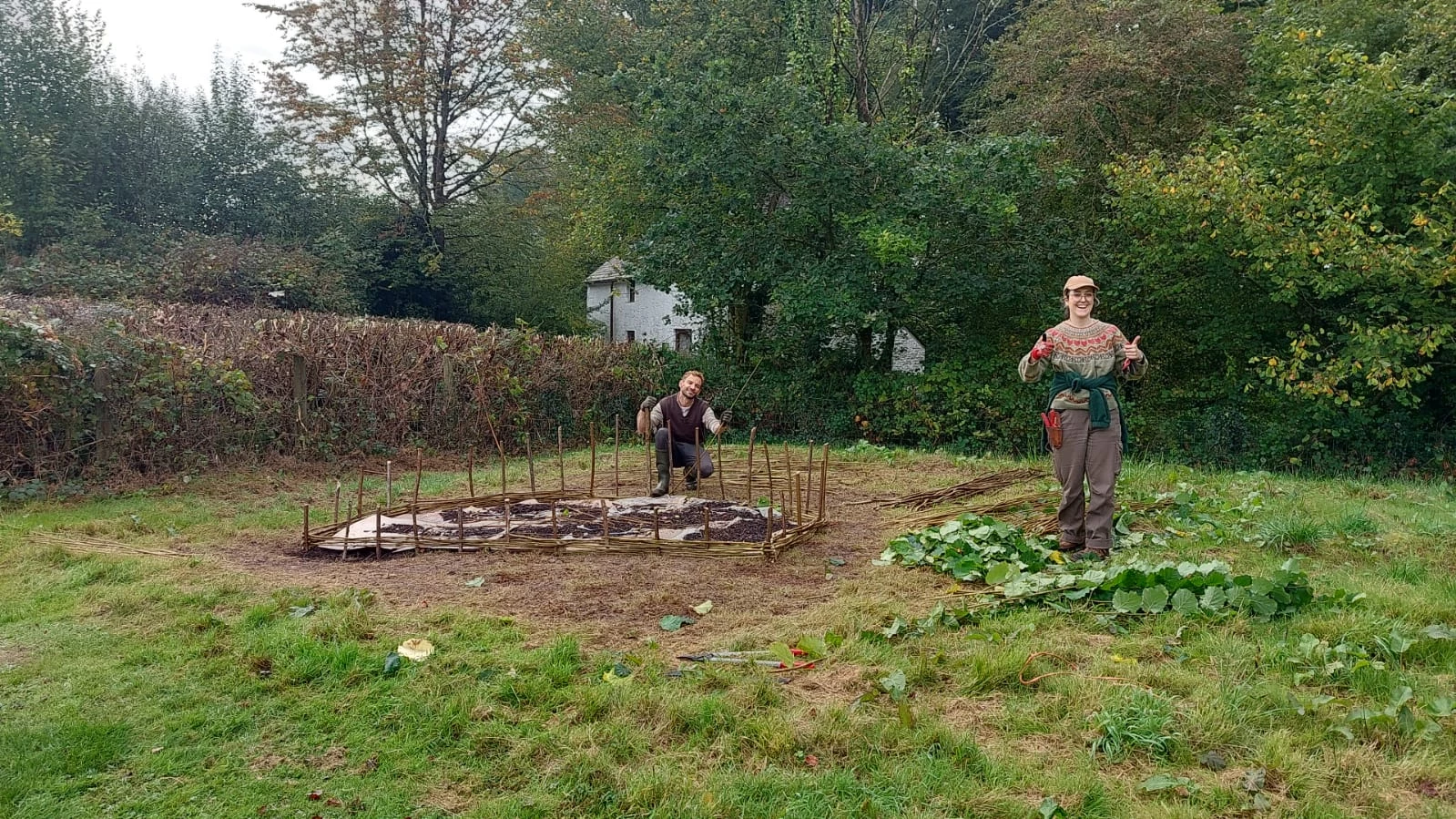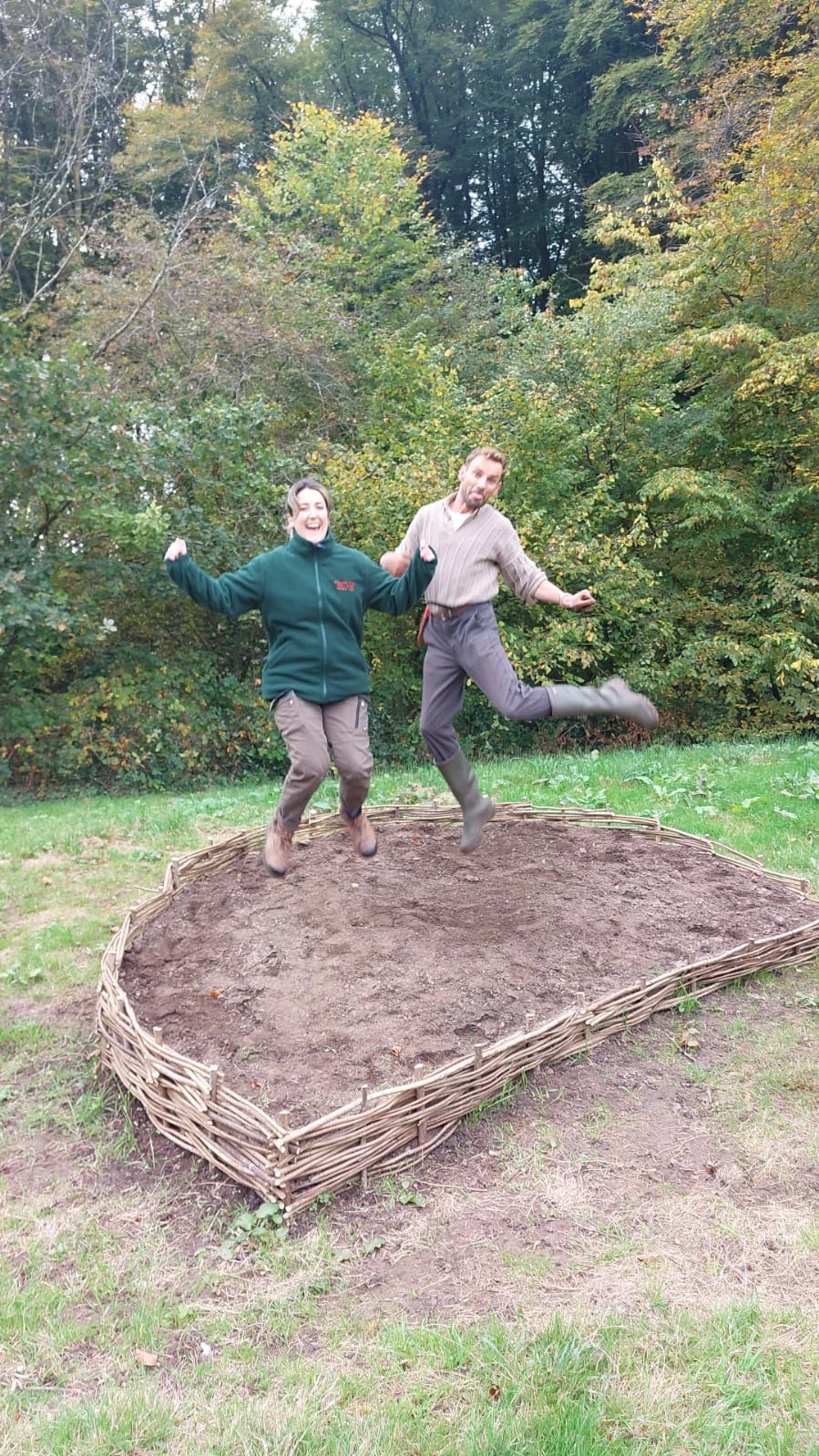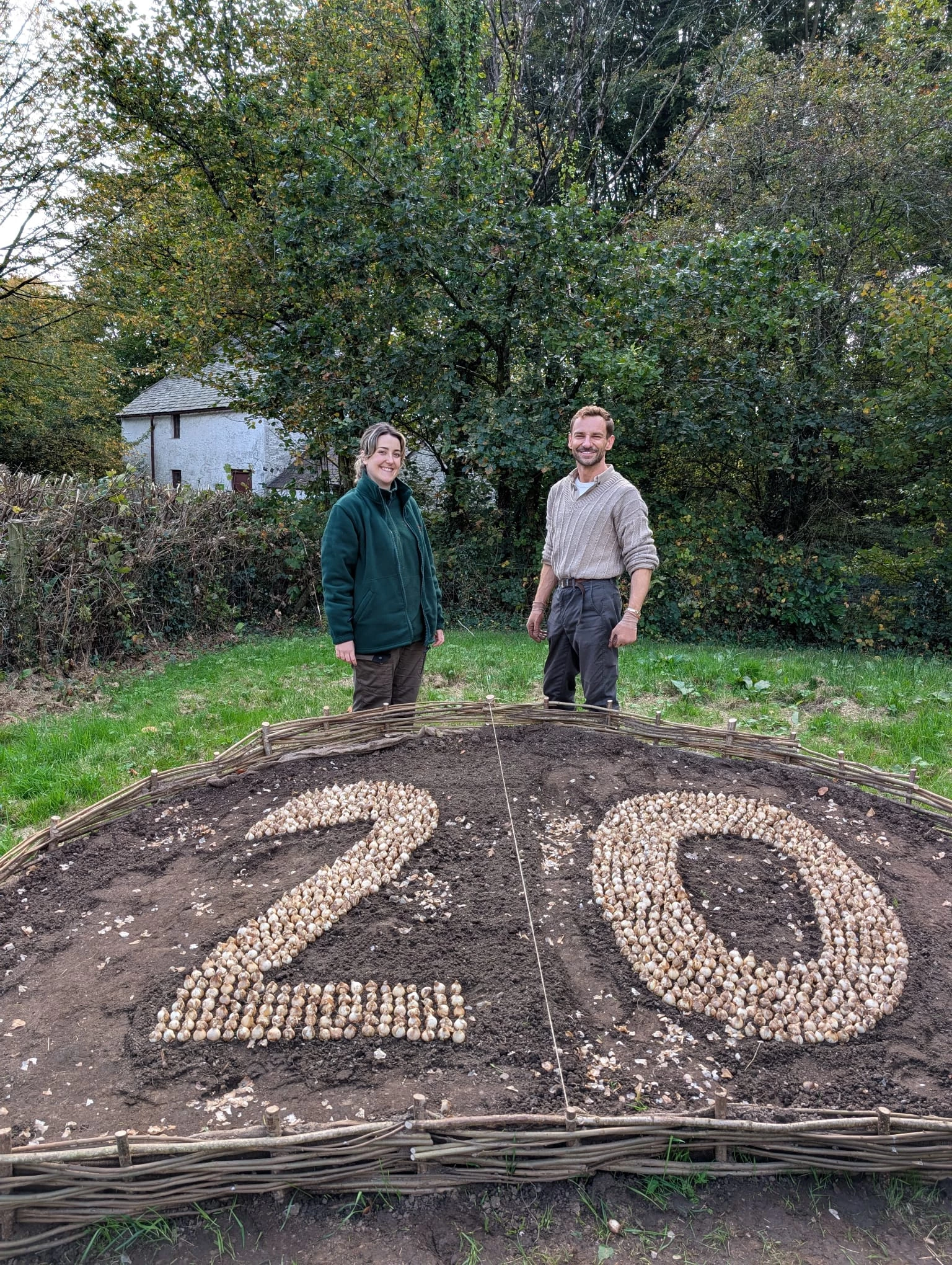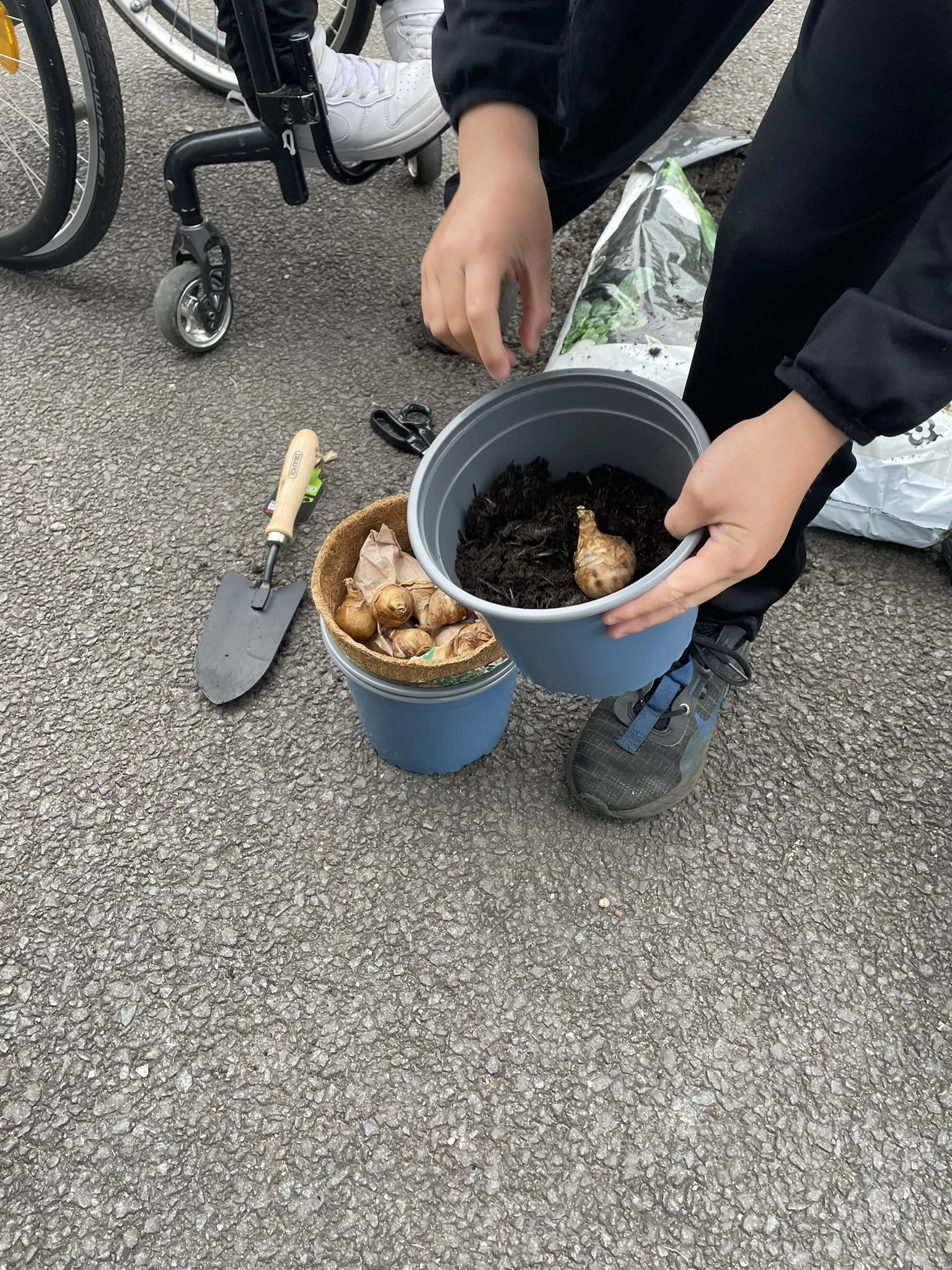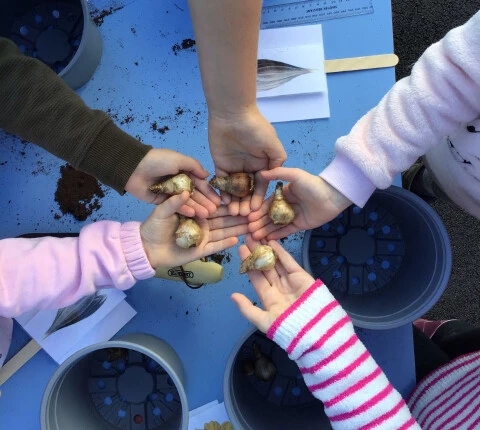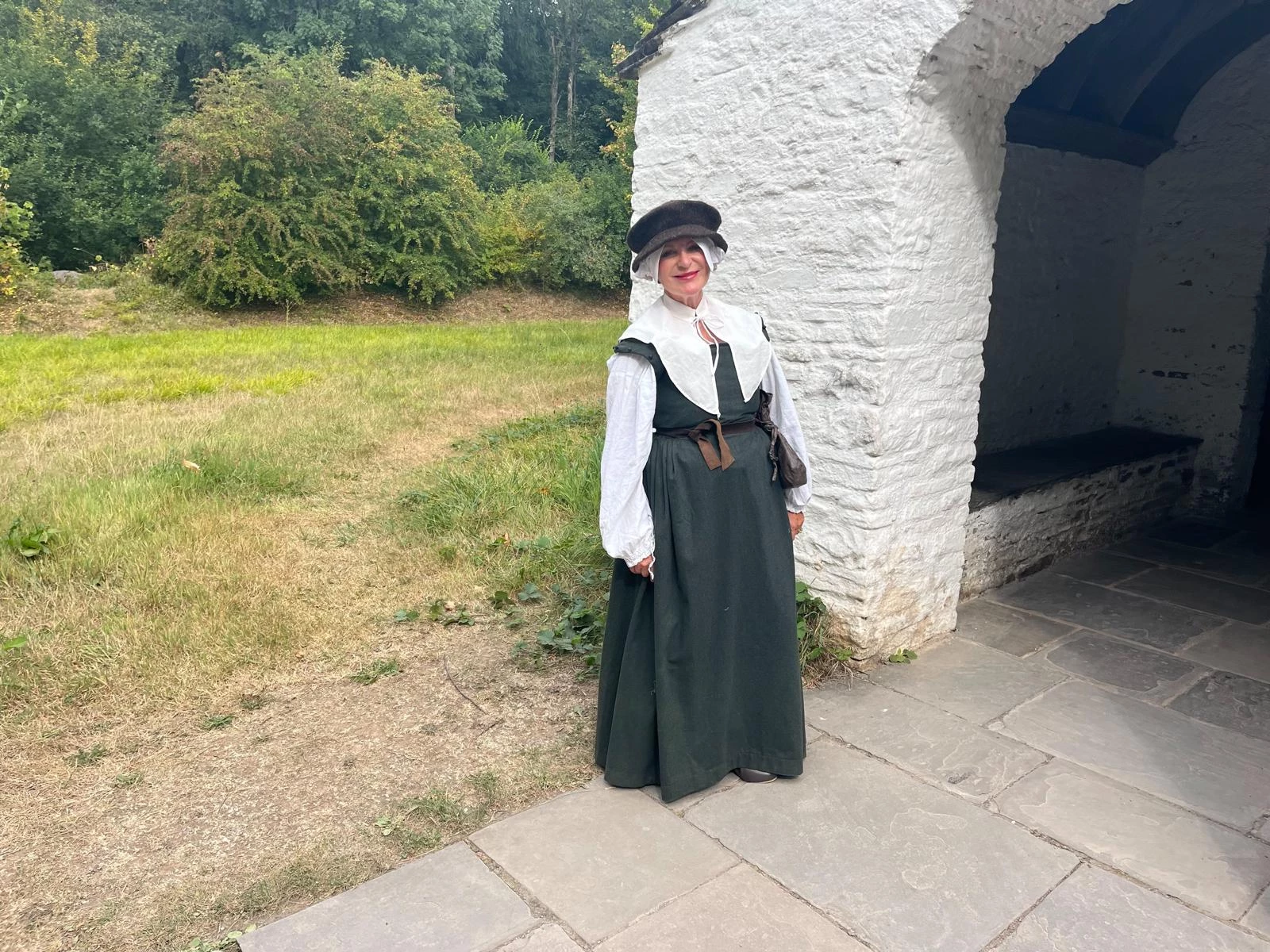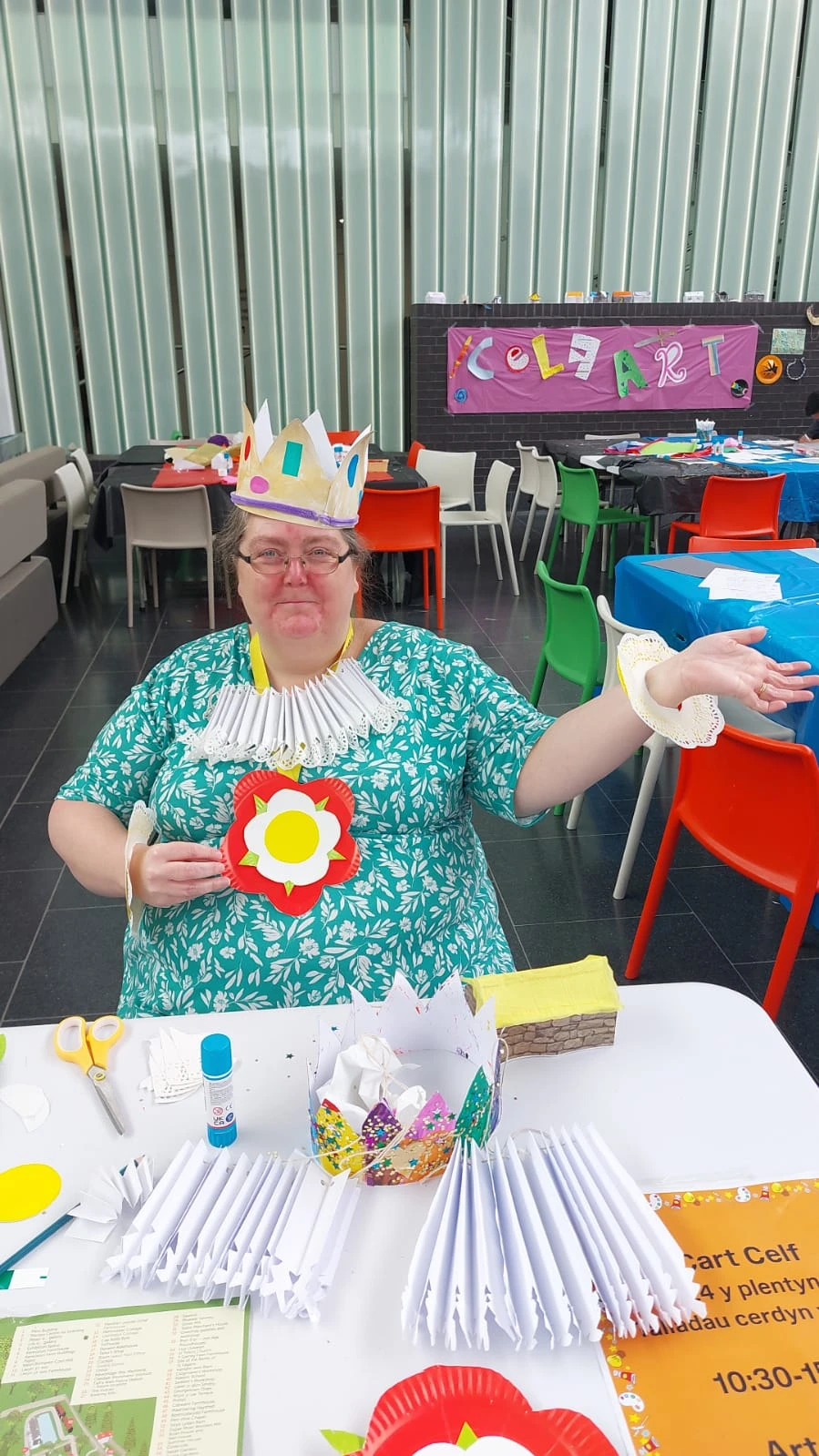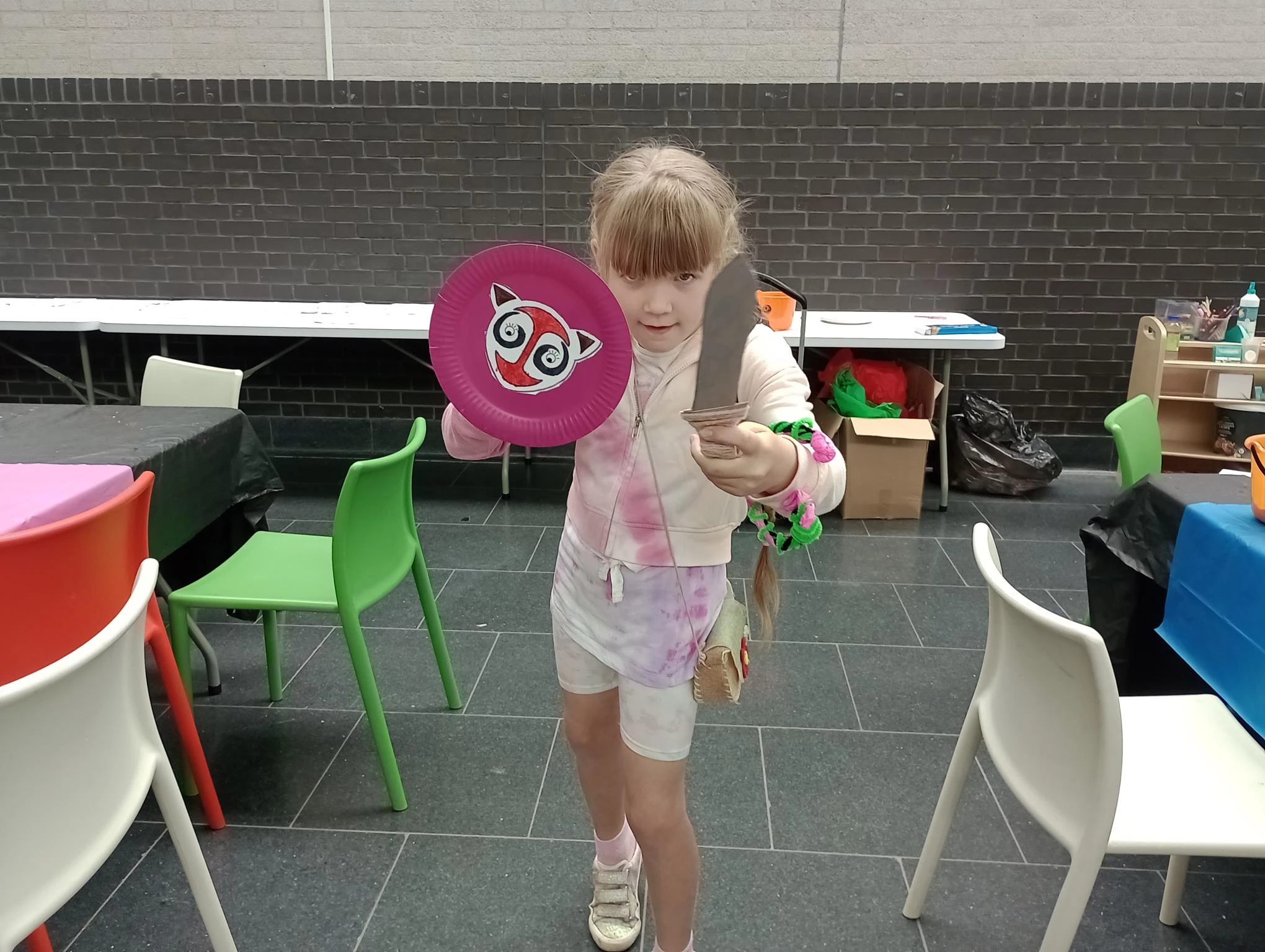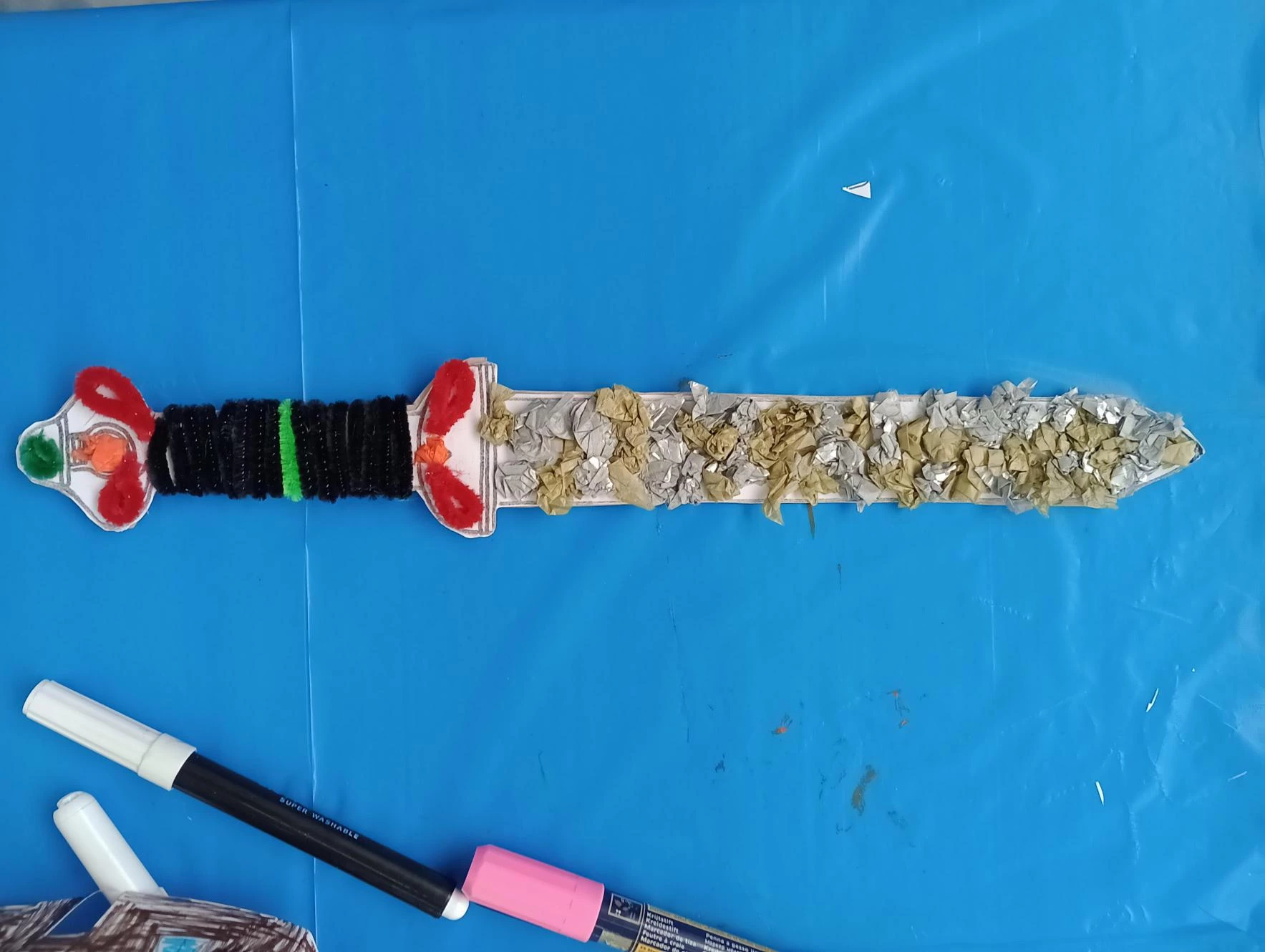Weather Data for November
, 5 December 2025
Hi Bulb Buddies,
I would like to say a huge thank you to all schools who have been uploading their weather data to the website so far! There has been very mixed weather this November, so it is interesting to see what you have all logged.
The MET Office has noted that November 2025 has brought very variable weather across the UK, with higher-than-average rainfall. This month the UK rainfall was 31% above average for November, making it the wettest month of 2025 so far!
This November Storm Claudia brought heavy rainfall, especially to England and Wales, with the MET Office reporting that the Midlands, Lincolnshire, and Yorkshire saw more than double their average November rainfall. This rainfall resulted in flooding and disruption in some areas, which is reflected in your comments!
The temperature this November was also varied, where the month began warmer than usual but very quickly dropped in temperature during the second half of the month. Many schools have mentioned this change in their comments, with some seeing frost and short bursts of snow!
Let’s take a look at your comments to see how the project is going in schools across the UK.
-
Many Bulb Buddies have made some great weather observations:
Church Cowley St James CE Primary
Bitter cold week but glorious sunshine on Friday.
Church Cowley St James CE Primary
14/11/25 - Storm Claudia yn cychwyn
Cornist Park C.P
The start of the week began really mild. As the week has gone on the rain has become more persistent resulting in 12mm of rainfall while we were in school on Friday.
Mary Immaculate R.C. School
On Tuesday 4th November we had really heavy rain. Resulting in our playground flooding and lots of children and staff struggling to get home after school One of our teachers in Tenby had no water in her house for the evening.
Pil Primary School
There has been a lot of rain this week.
Professor Plant:
It is great to see so much detail in your comments, noting how much the weather has changed in just one week. The rainfall over November has been great for helping your bulbs grow!
However, storms can be very disruptive, so thank you for sharing the impact that the storm had on your schools and at home.
-
You have also been commenting on changes in the temperature:
Pil Primary School
It has been very cold this week, and we have had hardly any rainfall.
St John's Primary School
Light snow and frost on Wednesday Thursday
Irvinestown Primary School
We had lots of ice this week and it was very cold There was even a little bit of snow
Gavinburn Primary School
Very cold week
St Peter's CE Primary School
A flurry of snow fell for 10 minutes today
Ysgol Pentreuchaf
Y tywydd wedi oeri lot wythnos yma.
Professor Plant:
It is so interesting to read about the changes in temperature that you have observed over November, with some of you even seeing some snowfall! Continue to log these details, as it will be exciting to see what temperatures December brings.
-
We have even had some Bulb Buddies reporting on some plant growth already:
Rhayader Primary
Our mystery bulbs have started growing, as have some of our other pots.
St Patrick's RC Primary - Newport
The temperature dropped immensely over the weekend. We also have begun to see early growth in our crocus plants.
Professor Plant:
It is very exciting to hear that some schools have already started to see some plant growth! Well done for logging this and keep watch over your plants to see what happens next.
-
I have loved reading through your comments and observations and seeing all of your data being uploaded. Keep up the amazing work Bulb Buddies, and I look forward to seeing what happens next over December!
Professor Plant
